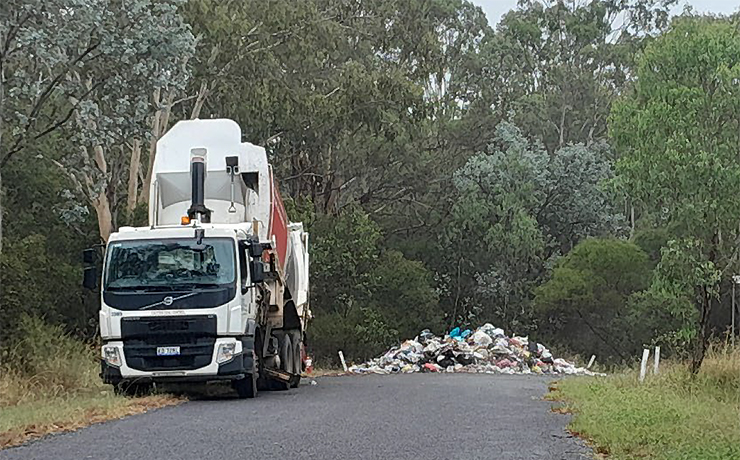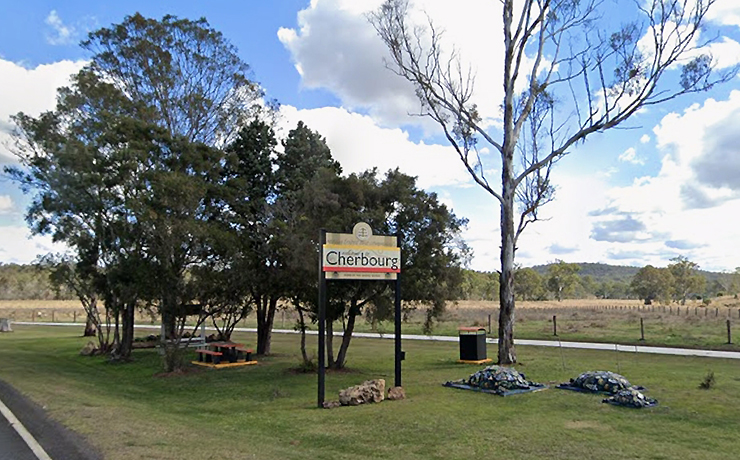
February 28, 2023
The Therapeutic Goods Administration (TGA) has cancelled the registration of some common cough medicines after an investigation into suspected life-threatening allergic reactions during surgery.
The products, used to treat non-productive (ie. dry) coughs in adults and children, contain pholcodine and are being recalled from pharmacies.
Common products that contain pholcodine include Duro-Tuss Dry Cough Liquid Forte, BiSolvon Dry Forte, Benadryl Forte, Codral Dry Cough Forte Strength and DifflamPlus Dry Cough Relief lozenges.
Pholcodine is an opioid medicine that suppresses the cough reflex.
It has been used as a cough suppressant since the 1950s.
Cold and flu medicines – syrups and lozenges – often contain pholcodine in combination with other substances.
As there is no evidence of physical dependence after prolonged use, pholcodine has been considered safe so it has been available at pharmacies over-the-counter without a prescription.
The TGA investigation followed a review by the European Medicines Agency which recommended the withdrawal of marketing authorisations for pholcodine products.
The EMA review supported a previously suspected link between pholcodine-containing medicines and a risk of anaphylactic reactions to neuromuscular blocking agents (NMBAs) used during general anaesthesia.
A TGA statement said data showed that use of pholcodine in the 12 months before general anaesthesia with NMBAs puts people at risk of developing an anaphylactic reaction.
The TGA’s Database of Adverse Event Notifications identified 50 Australian cases of suspected pholcodine-related anaphylactic reactions to NMBAs, including one death.
Dr Ashley Hopkins, Head of Clinical Epidemiology Research Group at Flinders University, said he strongly endorsed the TGA’s decision.
“Pholcodine is a cough suppressant that has been associated with severe allergic reactions that can be life-threatening. These reactions can occur even in patients who have no history of allergy to any other medication,” Dr Hopkins said.
“The decision to remove pholcodine from the market is based on strong scientific evidence, including several studies that have shown a clear link between the use of pholcodine and an increased risk of anaphylaxis.”
- External link: TGA website

























